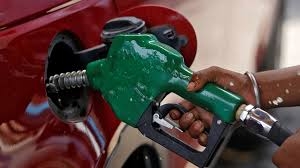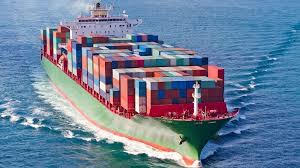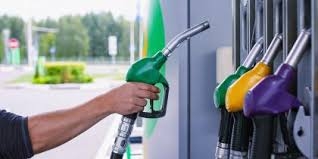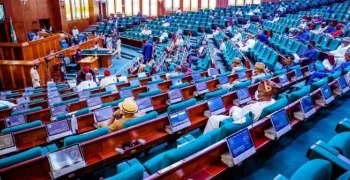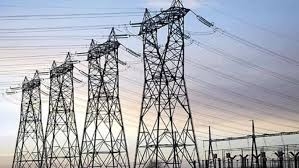The National Bureau of Statistics (NBS) has reported that the average cost of Premium Motor Spirit (PMS), popularly known as petrol, stood at ₦1,024.99 per litre in July 2025.
This figure, contained in the NBS publication “Premium Motor Spirit (Petrol) Price Watch” released on Thursday, represents a 1.22% drop compared to the June 2025 average of ₦1,037.66.
However, the year-on-year data revealed a sharp jump of 33.02% from ₦770.54 recorded in July 2024.
According to the report, Jigawa recorded the highest average price in July at ₦1,107.52, followed closely by Lagos at ₦1,100.29 and Sokoto at ₦1,100.00. The lowest prices were observed in Zamfara (₦884.63), Yobe (₦950.60), and Kogi (₦986.67).
The bureau noted that the figures underscore persistent volatility in pump prices despite efforts aimed at stabilising the downstream petroleum sector.
Regional data showed that the North-West zone posted the highest average price at ₦1,035.85, while the North-East zone recorded the lowest at ₦1,017.65.
Looking back, the average price in June 2025 was ₦1,037.66, representing a 38.32% increase year-on-year from ₦750.17 in June 2024. On a month-to-month basis, petrol prices had risen by 0.96% from May 2025’s average of ₦1,027.76.
Meanwhile, headline inflation slowed marginally in July 2025. The NBS put the inflation rate at 21.88%, down from 22.22% in June. Compared with July 2024’s 33.40%, this marks an 11.52% decline.
On a monthly basis, inflation stood at 1.99% in July 2025, slightly higher than 1.68% recorded in June 2025, indicating that consumer prices were still rising, but at a quicker pace than in the previous month.
The average Consumer Price Index (CPI) for the twelve months ending July 2025 increased by 25.65%, lower than the 30.76% growth recorded over the same period in 2024.
In its separate July 2025 Purchasing Managers’ Index (PMI) report, the Central Bank of Nigeria (CBN) observed that selling prices continued to rise, though at a reduced rate. According to the CBN, “output price inflation eased for the third month in a row to its lowest level since May 2023.”


